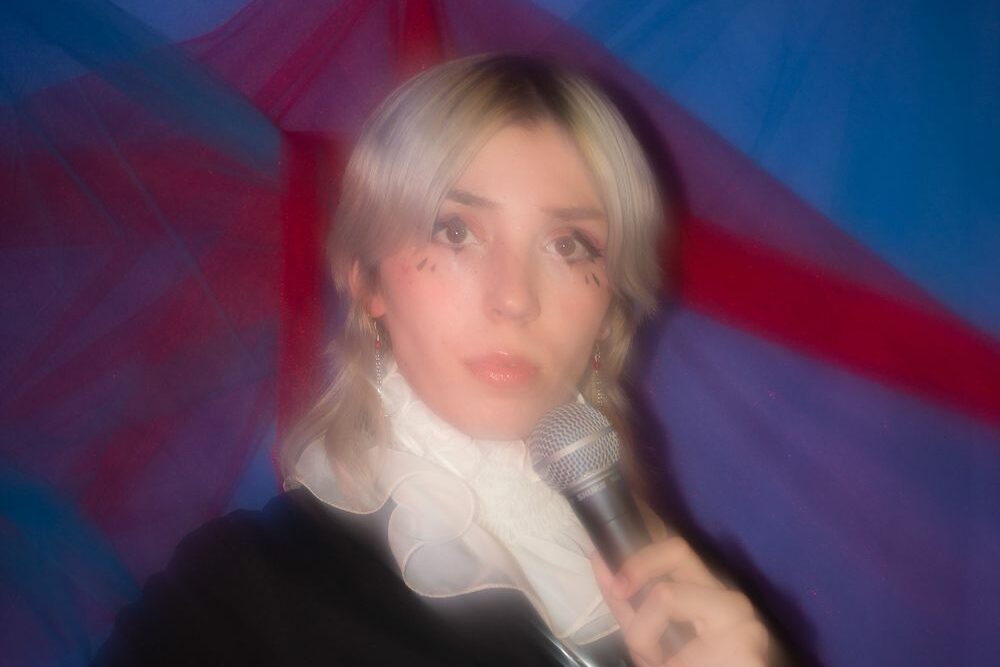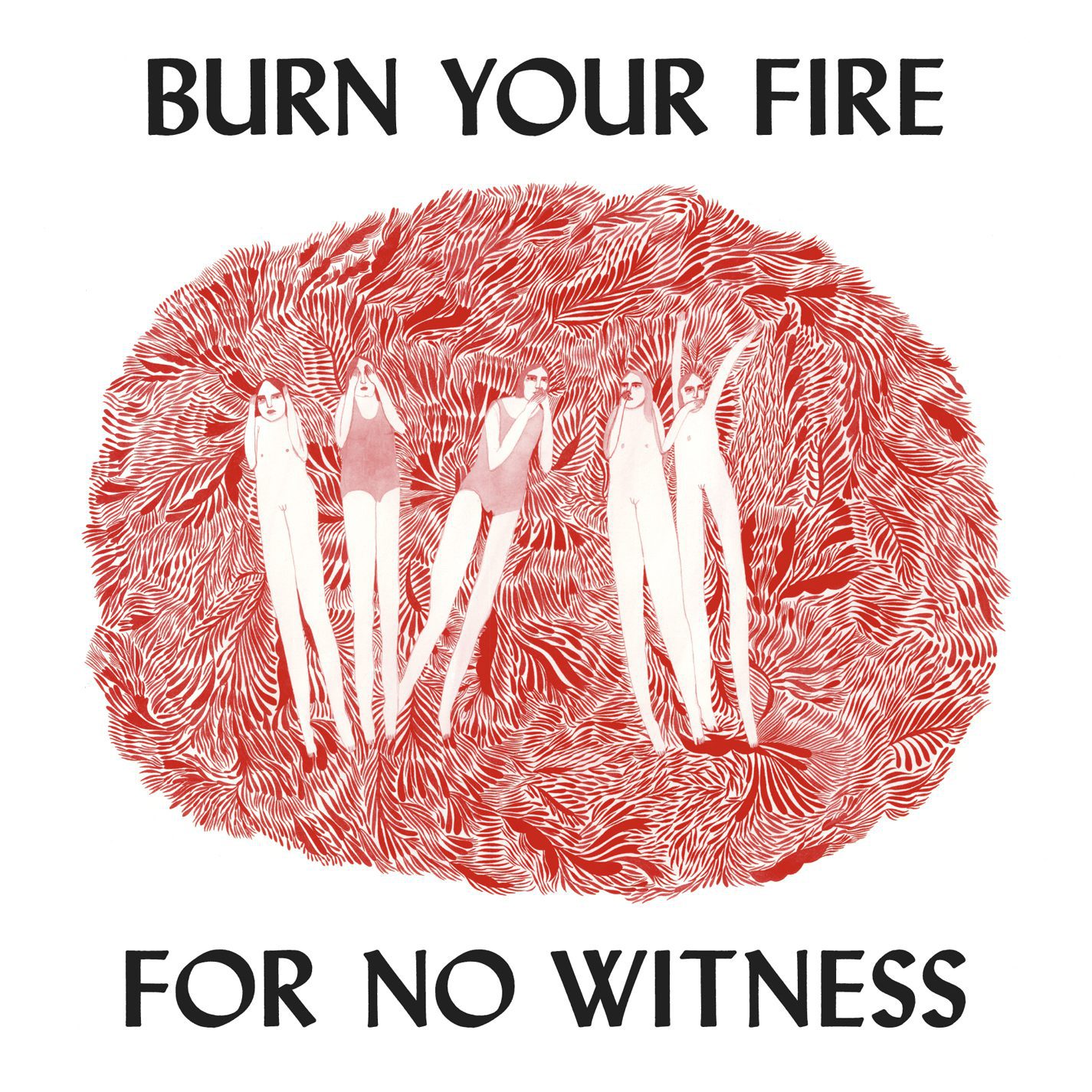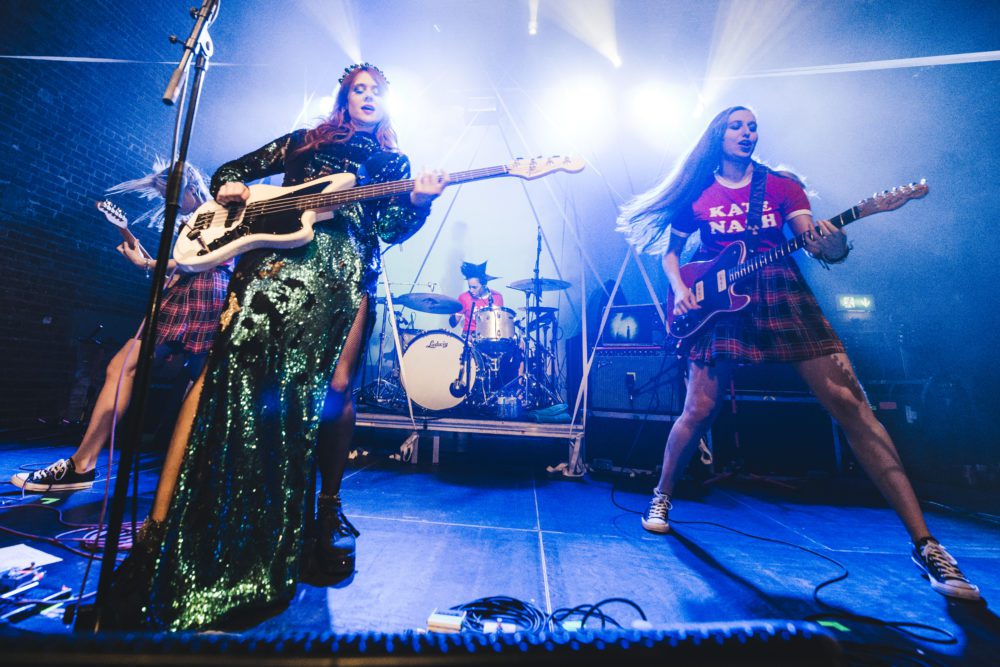PREMIERE: Anna Tivel “Fenceline”
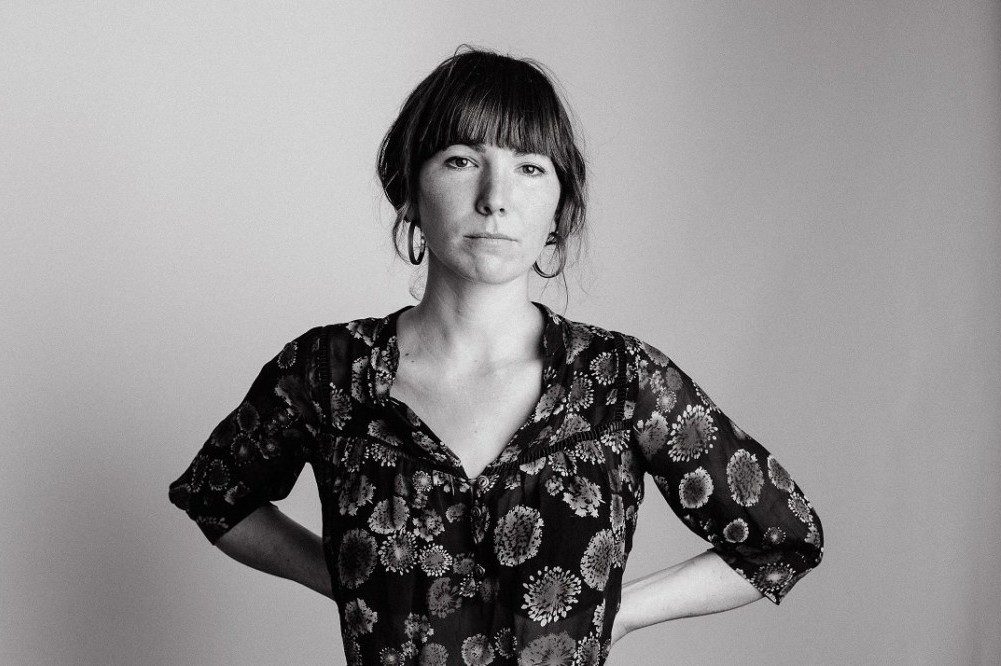
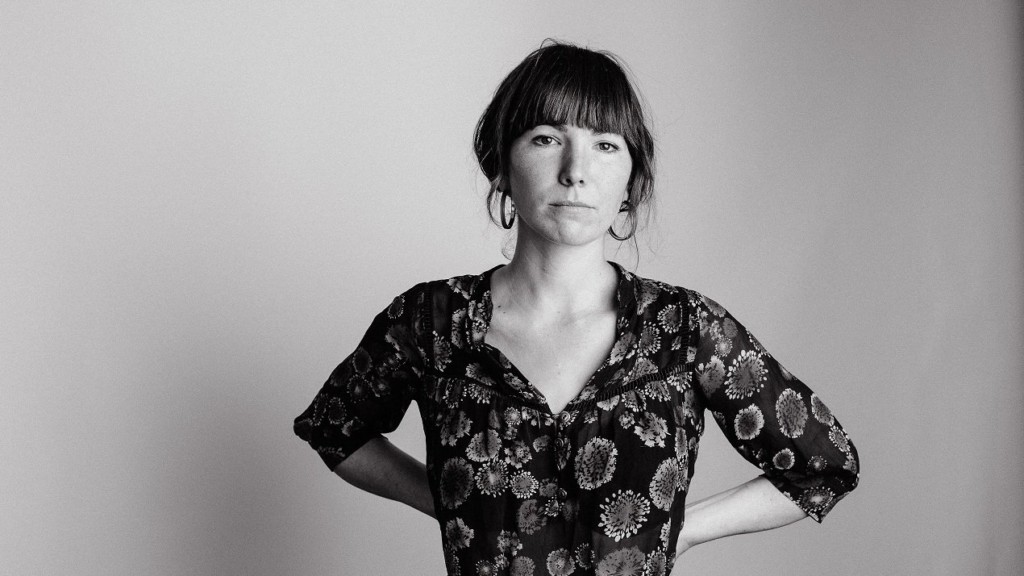
Border crossings are headline news nowadays, with stark images of children and adults being processed as they cross imaginary lines in the sand. Portland-based singer-songwriter Anna Tivel’s song “Fenceline” paints a picture of what that crossing looks like and what an immigrant sees for themselves within the land they’re trying to reach.
“I crawl in the dirt, to the edge of a country / My hammering heart and the dust in my eyes / I traded the night for the last of my money / And holes in the old fenceline,” Tivel gently sings, allowing a simple guitar strum to accompany her piercing voice. “Fenceline” manages to bring the listener along, without preaching or passing judgement; it’s the simple story of a journeyman, looking for a place to call home.
The song served as the lead single for Tivel’s latest record, The Question, which arrived in April via Fluff & Gravy Records. Audiofemme is pleased to present the exclusive premiere of this haunting live-in-studio rendition of “Fenceline;” read on for our interview with Anna Tivel below.
AF: Many critics have compared your songwriting to poetry. Are you fan of traditional poetry and if so, are there any poets you go to for inspiration?
AT: Poetry is a world that I love so much and am only starting to dig more deeply into. I love the more contemporary, rough edged stuff that makes you squirm and smile and feel seen. Ada Limon is amazing and I’ve been reading her most recent two anthologies lately. A friend just turned me on to Rita Dove and I’ve been working my way through a book of Margaret Atwood’s poems. It seems like an endless and never ending well that I’m excited to submerge myself in.
AF: You grew up in northern Washington state, a truly beautiful part of the country. When did you first start writing your own music and how did the scenery you grew up around effect your songwriting?
AT: I first started writing songs in my mid-twenties in Portland. I was waiting tables and playing fiddle with other bands on the side and borrowed a friend’s guitar and got instantly hooked. The northwest is always creeping into my writing – rivers and deep forests and stillness and rural space. I grew up in a wild place with deer and frogs and hawks and coyotes and I think that wonder and natural cycles will always be part of me. There’s a slowness to rural places that always seems to match the pace my thoughts and creativity seems to move at. I’m forever attracted to the juxtaposition between the natural world and the things we create to mold it to serve us – big oil rigs in the middle of nowhere desert, factories skirting rivers, etc.
AF: Tell us about “Fenceline.” What was the genesis of the song?
AT: “Fenceline” came out of hearing a really beautiful interview on the radio with a border guard. He talked about finding wire cutters and holes along the two mile stretch of fence he was in charge of patrolling. He told some deeply affecting stories about people he met who were trying to make a better life, people he let through and people he had to send back. It got me thinking about all the ways we build divisions, from simple fences to the gates of heaven where you have to have lived ‘right’ to make it through.
AF: When you’re performing, how aware of the audience are you? Do you adjust performances regularly for the crowd or do you find that a crowd’s mood shifts toward your own?
AT: There’s a real magic to the way a group of listeners shape a show. I like to think of it as a conversation that has just as much to do with the audience as it does with the person on stage singing. Every little grunt of recognition and inclined head creates such a specific energy in the room. I always shut my eyes because it feels a bit too raw and terrifying to look at everyone while singing, but I’m always working on being more open with audiences. Shows seem to feel the most human when I’m vulnerable and then people are vulnerable with me in return. There’s sort of a sharing of permission that happens I think, if I’m willing to really let my heart out then people feel that and open up their own hearts and it can get to a very special place on a good night. It’s definitely something I think a lot about though because I’m pretty introverted and would rather stand in a corner with a bag over my head.
AF: What artists do you have on rotation right now?
AT: Oh man, so much good music out there. I’ve been listening a lot to my friend J.E. Sunde’s new record which is not quite out yet but is so dang amazing. I return over and over to Bruce Springsteen, Tom Waits, and Gillian Welch and am a big fan of Andy Shauf and Adrianne Lenker, Anais Mitchell and Jeffrey Martin. On this spring tour I’ve been working my way through Randy Newman’s catalogue which is totally joyful. There’s just so much good stuff to find.
AF: As a musician, do you have any goals you’re working on right now in terms of mastery? Instruments you’d like to learn or projects you currently have on hold?
AT: All the time. I really want to get myself to learn more guitar. Whenever I sit down I just get so excited about writing that I don’t tend to focus much on learning new chords and musical bits, but I’ve been trying hard to just play sometimes, try new things, listen to sounds. Also I just got an electric tenor guitar that I’m super stoked on. I’m a fiddle player and it’s tuned the same so the intervals make more sense to my brain than guitar. I’m writing a lot right now and just enjoying the brain freedom that comes after a record gets finished and the slate is cleared for new ideas.
AF: What advice do you have for a young singer-songwriter who is just now picking up their guitar and finding their voice?
AT: Just be honest and try to be as free as you can. There’s no wrong way to go about writing songs. I really believe that. The deeper in your body and brain you can get and the more you can shake off ideas of what it ‘should’ sound like, the better. It’s a weird and wonderful way to move through the world.
Anna Tivel’s The Question is out now on Portland label Fluff & Gravy Records, and you can catch her on tour through the end of May.

